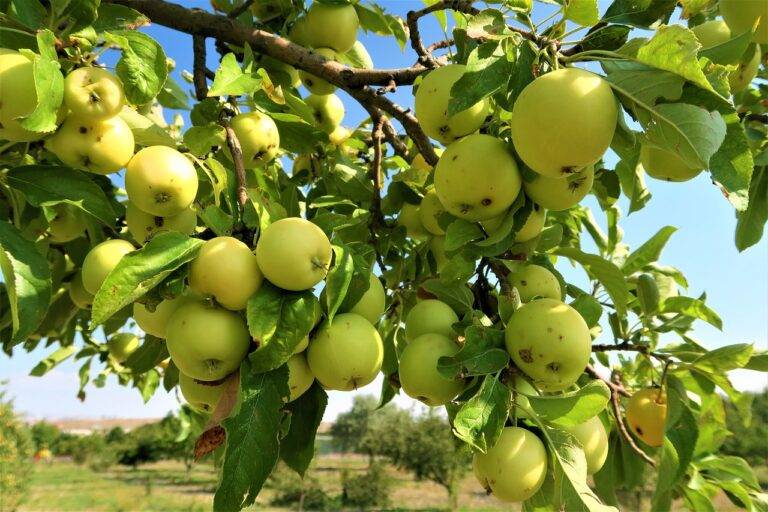The Role of Food Industry in Promoting Culinary Tourism: Highlighting Local Cuisine and Food Experiences
Local food plays a crucial role in attracting tourists and enhancing their overall travel experience. When visitors are able to sample authentic dishes made with locally sourced ingredients, it provides them with a deeper connection to the destination. This connection not only enriches the tourists’ cultural understanding but also supports local businesses and promotes sustainability.
Moreover, the presence of local cuisine can help differentiate and distinguish a destination from others, making it a unique selling point for attracting a diverse range of travelers. By showcasing the region’s culinary specialties, tourism establishments can create memorable and immersive experiences for their guests, encouraging them to explore more of the local culture and traditions. This culinary aspect of tourism not only boosts the local economy but also fosters a sense of pride and identity within the community.
Importance of Authentic Culinary Experiences
When travelers embark on a journey to explore a new destination, one of the most enticing aspects of their experience is undoubtedly the local cuisine. Authentic culinary experiences offer a window into the culture, history, and traditions of a region, allowing visitors to truly immerse themselves in the local way of life. The flavors, aromas, and techniques unique to a particular area provide a sensory journey that goes beyond just satisfying hunger it introduces visitors to the heart and soul of a destination.
The importance of authentic culinary experiences in tourism cannot be overstated, as it plays a significant role in shaping a traveler’s perception of a place. Sampling traditional dishes, attending cooking classes, or dining at local eateries not only allows visitors to savor the flavors of a destination but also fosters a deeper connection with the community. The memorable experiences created through food can leave a lasting impression on travelers, enticing them to return and explore more of what the destination has to offer.
Collaboration Between Food Industry and Tourism Sector
Collaboration between the food industry and the tourism sector is essential for creating memorable experiences for travelers. When local cuisine is incorporated into the tourism offerings, visitors get a chance to immerse themselves in the authentic flavors of a destination. This collaboration not only promotes the unique culinary heritage of a place but also supports local businesses and food producers.
By forming partnerships with restaurants, food markets, and culinary events, the tourism sector can offer a diverse range of dining experiences for travelers to enjoy. This partnership benefits both industries by attracting more visitors and boosting the local economy. Ultimately, when the food industry and tourism sector work together, they have the potential to create a truly unforgettable and satisfying travel experience for tourists.
By incorporating local cuisine into tourism offerings, travelers can immerse themselves in the authentic flavors of a destination
Collaboration supports local businesses and food producers
Partnerships with restaurants, food markets, and culinary events offer diverse dining experiences for travelers
Benefits both industries by attracting more visitors and boosting the local economy
Working together has the potential to create a truly unforgettable travel experience for tourists
How does local food impact tourism?
Local food plays a crucial role in attracting tourists as it offers a unique culinary experience that reflects the culture and traditions of a destination.
Why are authentic culinary experiences important for tourists?
Authentic culinary experiences allow tourists to immerse themselves in the local culture, taste traditional dishes, and create memorable moments during their travels.
How can the food industry collaborate with the tourism sector?
The food industry can collaborate with the tourism sector by promoting local food, partnering with tour operators to offer culinary tours, and participating in food festivals and events to showcase their cuisine.







